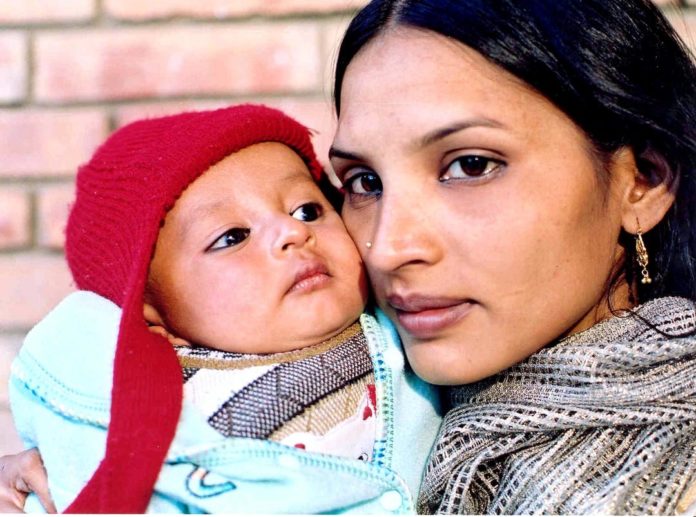A new study shows that giving birth before 18 years has a lifelong impact on girls and women who then fail to achieve their economic potential
A new study, conducted by the Population Council and with WomenDeliver, found a strong and consistent lifelong negative association between giving birth before age 18 and a woman’s economic empowerment. The research, previewed today at the Women Deliver 2019 Conference, the world’s largest conference on gender equality and the health, rights, and wellbeing of girls and women, points to the critical need to strengthen sexual and reproductive health and rights and expand economic opportunities for girls and women throughout their lives.
“The ability to earn and control cash represents more than just earnings—it influences a woman’s ability to make strategic life choices,” said Stephanie Psaki, PhD, deputy director of the Population Council’s Girl Center. “This is one of the first studies to show consistently across so many countries and settings that having a child early can impact future earning potential.”
Drawing from nationally representative Demographic and Health Survey (DHS) data in 43 low- and middle-income countries, representing more than 600 million women, the analysis found that:
- Childbearing before age 18 is widespread. Despite global declines in the rates of adolescent childbearing in the last 25 years, the study found that it remains common in many low- and middle-income countries, particularly in Sub-Saharan Africa where in nearly a dozen countries at least 30 percent of women have a child before age 18.
- Women who have a child before age 18 are less likely to earn cash for their work throughout their lives. More specifically, women (ages 20–24) who have a child before age 18 are more likely to be employed in the short term; however, they are less likely to earn cash in the short-term and throughout their reproductive lives.
- Most women work, but whether they are paid for their work differs. In many countries, women do not have control over their own earnings. In the majority of countries studied, most womenwork; however, whether they are paid for their work or not varies widely, as does their ability to control their earnings. In Togo, for example, among married and cohabiting women, most work (86 percent), earn cash (62 percent) and retain control of their earnings (57 percent). In contrast, the vast majority of married and cohabitating women in Burundi work (94 percent), but just 16 percent earn cash and 4 percent retain sole control over their earnings.
“The study examines complex issues, but the implications are simple—in order to move the needle on gender equality, women need to be able to control their own fertility and their own earnings,” said Katja Iversen, President/CEO of Women Deliver. “We need societal investment in access to modern contraception, safe abortion, and comprehensive sexuality education, as well as in expanding economic opportunities for all girls and women.”
The analysis used the newest available DHS data (2012–2018) from 43 countries and included all women ages 20–49, allowing for nationally representative findings that are comparable across countries and over time. Few studies have considered the short- and long-term effects that a birth before age 18 have on women’s earning potential.
“The study confirms that early life events can shape the trajectory of a young woman’s life,” said Julia Bunting, OBE, president, Population Council. “Policymakers need to invest in better understanding the tradeoffs girls and women face and prioritize actions that will ensure girls and women have a full range of life options.”


